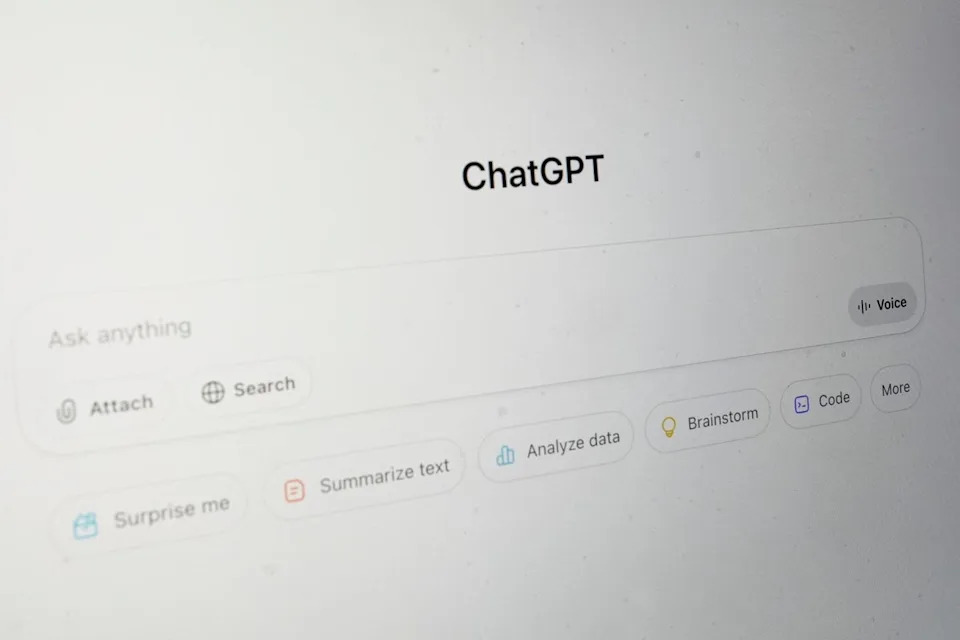An immigration barrister might face a disciplinary probe after a choose dominated he used AI instruments akin to ChatGPT to arrange his authorized analysis.
A tribunal heard {that a} choose was left baffled when Chowdhury Rahman introduced his submissions, which included citing circumstances that have been “completely fictitious” or “wholly irrelevant”.
A choose discovered that Mr Rahman had additionally tried to “cover” this when questioned, and “wasted” the tribunal’s time.
The incident occurred whereas Mr Rahman was representing two Honduran sisters who have been claiming asylum within the UK on the premise that they have been being focused by a violent legal gang referred to as Mara Salvatrucha (MS-13).
After arriving at Heathrow airport in June 2022, they claimed asylum and stated throughout screening interviews that the gang had needed them to be “their girls”.
That they had additionally claimed that gang members had threatened to kill their households, and had been on the lookout for them since they departed the nation.
One of many authorities cited to help his case had beforehand been wrongly deployed by ChatGPT (AP)
In November 2023, the Dwelling Workplace refused their asylum declare, stating that their accounts have been “inconsistent and unsupported by documentary proof”.
They appealed the matter to the first-tier tribunal, however the software was dismissed by a choose who “didn’t settle for that the appellants have been the targets of adversarial consideration” from MS-13.
It was then appealed to the Higher Tribunal, with Mr Rahman appearing as their barrister. In the course of the listening to, he argued that the choose had did not adequately assess credibility, made an error of regulation in assessing documentary proof, and failed to contemplate the influence of inner relocation.
Nevertheless, these claims have been equally rejected by Choose Mark Blundell, who dismissed the attraction and dominated that “nothing stated by Mr Rahman orally or in writing establishes an error of regulation on the a part of the choose”.
Nevertheless, in a postscript below the judgment, Choose Blundell made reference to “important issues” that had arisen from the attraction, concerning Mr Rahman’s authorized analysis.
Of the 12 authorities cited within the attraction, the choose found upon studying that some didn’t even exist, and that others “didn’t help the propositions of regulation for which they have been cited within the grounds”.
Upon investigating this, he discovered that Mr Rahman appeared “unfamiliar” with authorized search engines like google and was “constantly unable to understand” the place to direct the choose within the circumstances he had cited.
Mr Rahman stated that he had used “varied web sites” to conduct his analysis, with the choose noting that one of many circumstances cited had just lately been wrongly deployed by ChatGPT in one other authorized case.
Choose Blundell famous that, given Mr Rahman had “appeared to know nothing” about any of the authorities he had cited, a few of which didn’t exist, all of his submissions have been subsequently “deceptive”.
“It’s overwhelmingly probably, in my judgment, that Mr Rahman used generative Synthetic Intelligence to formulate the grounds of attraction on this case, and that he tried to cover that truth from me throughout the listening to,” Choose Blundell stated.
“He has been referred to as to the Bar of England and Wales, and it’s merely not attainable that he misunderstood the entire authorities cited within the grounds of attraction to the extent that I’ve set out above.”
He concluded that he was now contemplating reporting Mr Rahman to the Bar Requirements Board.


